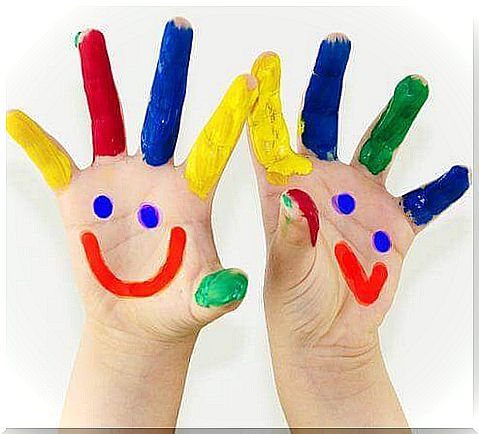Emotional Intelligence: Putting Yourself In The Other Person’s Shoes

Traditionally the ‘ emotional intelligence was associated with cognitive abilities such as memory and problem-solving in everyday life. Despite this, this has been more easily linked to aspects such as empathy, motivation and mood, so numerous studies have been conducted in the psychological field to get to know this intelligence better.
The studies carried out point in one direction: emotional intelligence not only constitutes the human being, but also conditions him in a significant way and is associated with his level of well-being. The first to do direct research on this type of intelligence and the repercussions it has were John D. Mayer and Peter Salovey.
We find an indirect precedent in the figure of Thorndike, who in 1920 used the term social intelligence to describe the ability to understand and motivate other people. Similarly, in 1940 David Wechsler described the influence of non-intellectual factors on intelligent behavior and further argued that our intelligence models will not be complete until they can adequately describe these new capabilities. His studies have indicated that many times a person’s intellectual commitment is not the factor that is most intimately associated with his success or failure.
In the 1980s, Mayer and Salovey continued their research realizing that traditional models were not enough as they did not take into account the multiple skills and abilities of human intelligence. It was then that they first coined the term ” emotional intelligence “.
A few years later, in 1995, Daniel Goleman made the concept famous through his newspaper columns. After having spread it through the press, he published the very famous book “Emotional Intelligence” in which he summarizes the existing research and approaches, expanding the definition with new traits and qualities that have given life to new models.
Despite this, what is emotional intelligence really? What is it for? Is this one of our most powerful abilities?
One of its definitions is: the ability to understand emotions and to balance them in such a way that we can use them to guide our conduct and our thought processes, with the aim of obtaining better results.
Despite this, we believe that emotional intelligence is something more, a much deeper ability that allows us to connect to others in a special way. We believe that this type of intelligence prevails over the others since without this the others would not operate with the same lightness.
It is said that hearing is one more art. Despite this, anyone can hear. Anyone can get burned and in pain, anyone can be sensitive to any type of temperature change. But putting yourself in the other’s shoes ? That’s a whole other story.
Thanks to emotional intelligence we are able to identify our emotions and those of others; thanks to it we are able to put ourselves in the shoes of the other and to share his happiness or his sadness, thanks to this innate human capacity we are able to tune into the most intimate part of another human being.
If this intelligence were used more in the world, things would probably be different.









